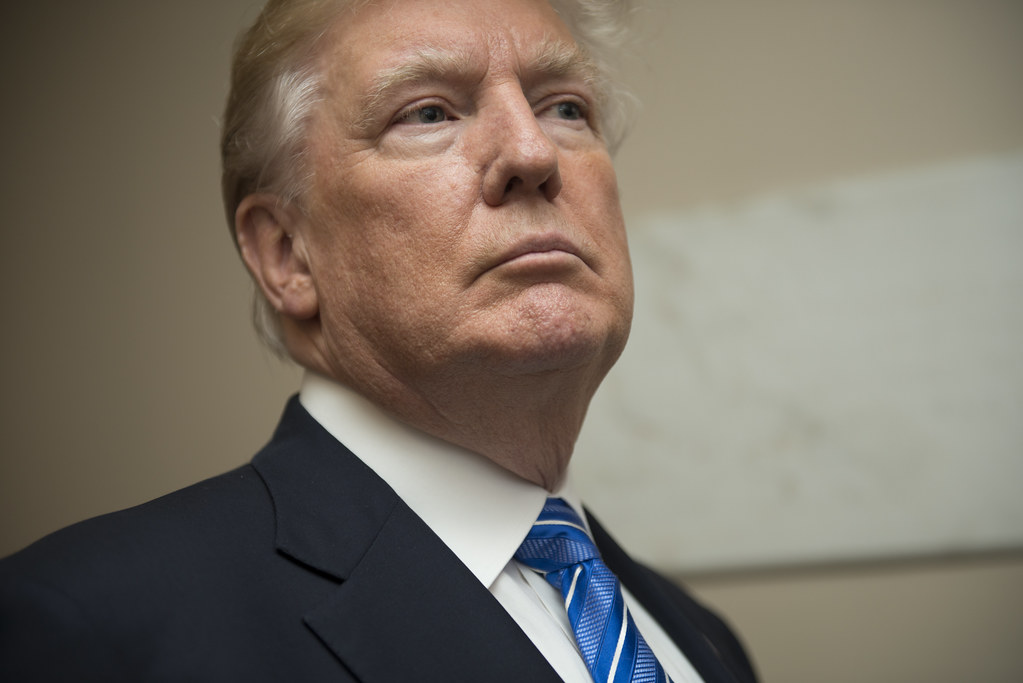Key takeaways
• President Trump’s team accuses New York Attorney General Letitia James of bank fraud.
• The Wall Street Journal editorial board harshly criticizes this legal revenge move.
• Experts question the prosecutor’s appointment and authority.
• Critics warn that mutual legal destruction hurts the nation.
Donald Trump’s recent decision to charge his political rival Letitia James has raised eyebrows. The president’s handpicked prosecutor in Eastern Virginia, Lindsey Halligan, filed bank fraud charges against the New York attorney general. This surprising action is seen by many as legal revenge. Even a conservative editorial board said it went too far. Meanwhile, questions swirl over whether Halligan had the right to bring this case. Beyond politics, observers worry that turning courts into battlegrounds could harm democracy.
What triggered this legal revenge?
The spark for this legal revenge charge came from Bill Pulte. He is a housing finance official who says James lied about her main home. Pulte claims she told mortgage lenders she had several primary residences. If true, that could amount to bank fraud. However, James denies the claim. Record reviews show she told her lender one property was not her main home. Despite this, Trump urged Attorney General Pam Bondi to join the case. It advanced so fast that Bondi reportedly learned of it only after charges were filed.
Prosecutor Lindsey Halligan took the lead. She replaced Erik Siebert, who declined to press charges. Siebert saw no strong case against James or former FBI chief James Comey. After Siebert refused, Trump removed him. Then Halligan took over under a special interim rule. Federal law allows the president to appoint a U.S. attorney for 120 days without Senate approval. Critics say this “legal revenge” case might collapse if Halligan’s appointment is ruled invalid. Indeed, other Trump-appointed prosecutors lost cases on that same ground.
Why did a conservative board react?
The Wall Street Journal editorial board is known for backing conservative causes. Yet it blasted Trump’s move as unwise and unfair. The board also reminded readers that James previously won a major civil fraud case against Trump’s family business. That civil suit centered on false valuations of properties. Many see the criminal charges as payback for that judgment. The board wrote that neither side benefits when politics drives prosecutions. It warned that endless tit-for-tat lawsuits risk turning the nation into a “banana republic.”
Moreover, the board noted no one said they lost money because of James’s filings. Federal housing regulator Bill Pulte seemed more interested in digging up dirt on Trump’s opponents. According to reports, nitpicking mortgage details could fill prisons fast — including with Republicans. The editorial concluded that this sort of legal revenge is madness. It argued that both parties must step back from what it called “historic mistake” lawfare.
Questions over prosecutor’s authority
Legal experts doubt Halligan’s power to charge James. The interim rule requires Senate approval after four months. When that time ends, any ongoing case can be tossed out. Several of Trump’s interim prosecutors saw their cases derailed for this reason. If a judge rules Halligan lacked authority, the charges could be void. Critics argue that a rush job like this hurts the justice system’s credibility. They say fair process matters more than political victory.
Furthermore, Halligan’s rapid appointment shows how legal rules can be bent for political ends. President Trump ousted Siebert because he wouldn’t play along. Then Halligan moved forward with charges that others declined. This pattern raises concerns over weaponizing the law. Meanwhile, Letitia James has vowed to fight the case in court. She calls the charges “baseless” and part of a broader effort to intimidate her. Her office says she always told lenders the truth about her homes.
A warning on mutual legal destruction
When politics enters the courtroom, no one really wins. Instead, license for legal attacks can spiral out of control. President Biden once issued broad pardons to halt threats of prosecution. Now the question is whether Trump will also need to pardon allies if he loses. If both sides feel they must settle scores in court, the country faces a bleak future. The Wall Street Journal editorial warned that this all-out legal revenge risks turning America into a place where might makes right.
Consequently, many voices call for a ceasefire in political legal battles. They suggest letting voters decide elections, not prosecutors. When every officeholder fears criminal charges, public service becomes a gamble. Moreover, endless lawsuits drain resources and distract from real issues like health care, jobs, and security. In the end, mutual assured legal destruction benefits no one.
FAQs
Why did Trump target Letitia James with these charges?
Supporters say James misled mortgage lenders about her main home. Critics believe Trump seeks revenge for her past civil fraud suit against his business.
What is the main critique by the Wall Street Journal editorial board?
They argue this legal revenge move politicizes justice and risks turning the nation into a “banana republic.”
Can these charges be dismissed due to the prosecutor’s appointment?
Yes. Federal law limits interim prosecutors to 120 days. If Halligan’s appointment is judged improper, charges may be thrown out.
What risks arise from using courts for political battles?
Legal fights can spiral, drain resources, and erode trust in democracy. Many warn it harms the republic more than it helps any party.
